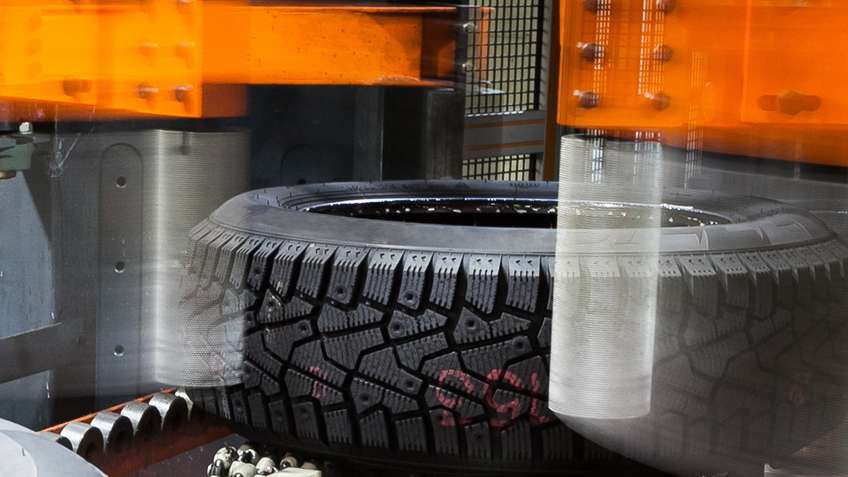Tire makers can better compete on cost and manage greater production complexity with these three digital solutions. Learn more about how digital solutions reimagine how you compete in tire production.
The tire industry has seen a flurry of CapEx projects in recent years, with many billions of dollars committed to new and expanded tire plants around the world. As these plants have come online and now businesses are forced to scale once again due to economic challenges resulting from COVID-19, one thing has become clear: your ability to scale operations cost-effectively is more vital than ever.
Fortunately, several digital technologies can help you lower your operating costs, scale operations and approach workforce training in new ways.
Through better visibility and digitalized processes, digital technologies can help you improve efficiencies in your plants and reduce pain points like unplanned downtime and quality issues that drive up your costs. They can also improve your flexibility and scalability to help you more quickly respond to changing customer and market needs.
There’s an abundance of digital solutions at your disposal, more than you possibly have time to evaluate. So, let’s look at the three ways that can have the greatest and most immediate impact on your business.
Analytics
Analytics software turns raw production data into useful insights that can help employees solve your biggest challenges.
Unplanned downtime is a good example. Predictive analytics software can collect data from critical assets like mixers, extruders and tire-building machines to learn the patterns that precede failures. Then, if the software detects those patterns, it can notify technicians, so they can address the issue.
Not only can this help you reduce or avoid downtime, it can also reduce the time and money you spend on unnecessary repairs.
Quality is another area where analytics can help you perform better. The software can uncover variabilities in the tire-building process to help operators more consistently make tires according to their recipes.
MES
Flexible, digitalized tire operations respond more quickly to market demands, and a modern manufacturing execution system (MES) is a key reason why.
An MES can connect your operations across plants and global business systems. This allows personnel to use real-time insights like work-in-process (WIP) updates to make faster, smarter decisions in your plants.
An MES can also help make sure all workers, even those with minimal production experience, deliver high-quality tires. That’s because of key features, like enforceable work instructions that guide operators through each production process to help them build tires to spec.
At a time when tire mixes, consumer demand and workforces are undergoing change, an MES can help you stay agile. For example, it can automate data collection to reduce paperwork and help you track everything from material consumption to bad product.
Digital Twin
A digital twin is a virtual replica of a physical asset – like a product, machine or plant – that can mimic the asset’s performance and aspects like wear and tear over time.
Let’s look at how this can bring value to an asset like a tire-building machine across its lifecycle.
As the machine is being designed, you use a digital twin to verify it will perform as expected. Then, you can use the digital twin to virtually commission the machine before you deploy it on-site to help avoid costly, last-minute integration issues that can delay startups.
After commissioning, you can use the digital twin to virtually train operators. This can help operators learn how to run production in an ideal state and how to respond to scenarios that may be difficult to recreate with physical equipment.
Then, once the machine is operational, the digital twin can help diagnose issues on it in an augmented reality (AR) environment. And the twin can be used to test process changes before they’re implemented.
Accelerate Your Performance
Digital solutions empower production personnel with new insights to help them make better decisions throughout your plants. They help transform processes to reduce downtime while optimizing speed and quality in tire production. And they can give you greater flexibility to help you stay on the leading edge of a fast-changing tire industry.
Learn more about how digital solutions reimagine how you compete in tire production.
Published April 3, 2020
Recommended For You


